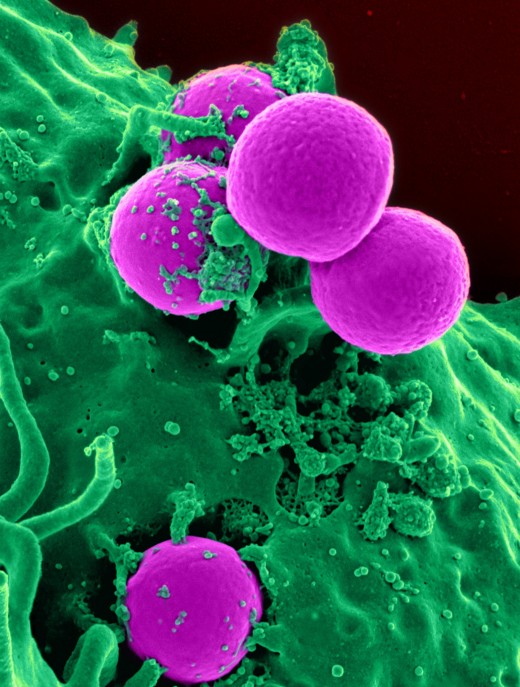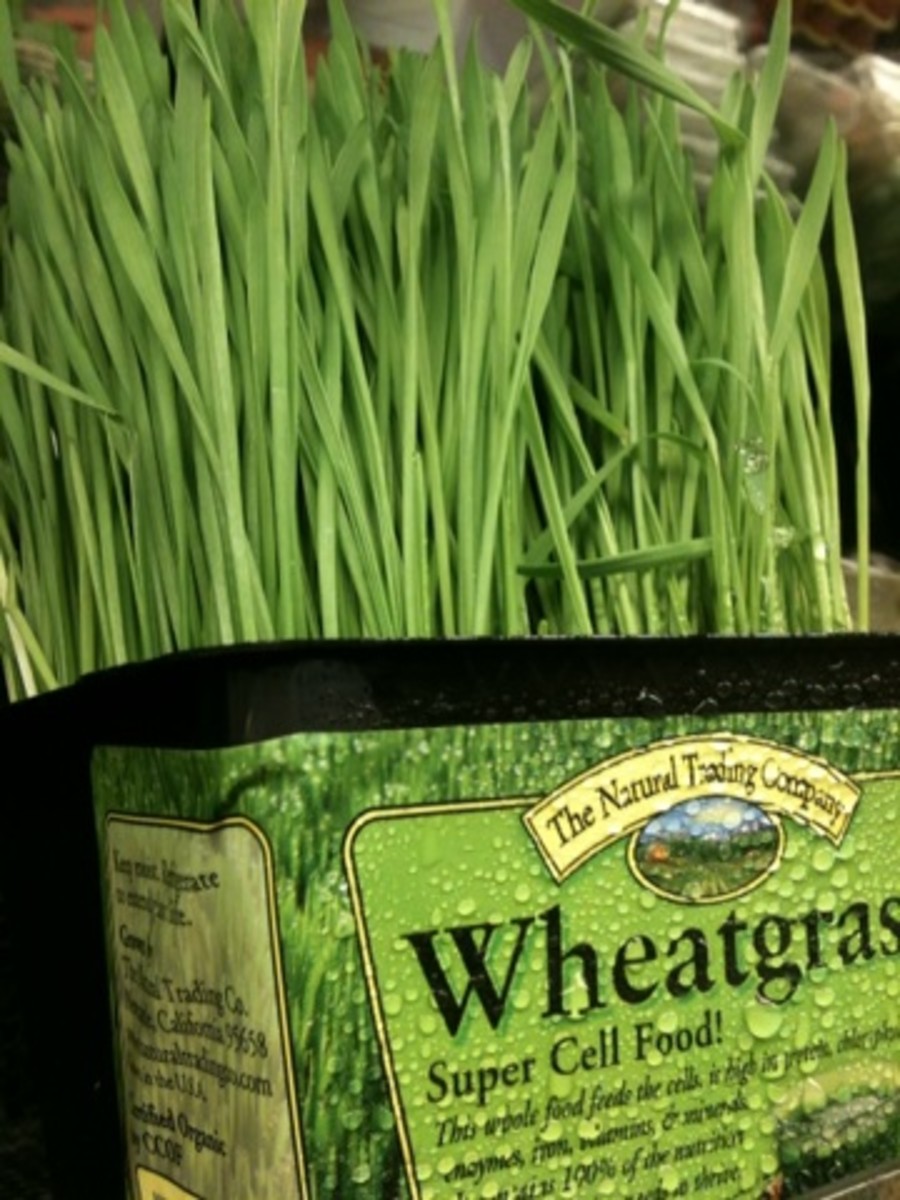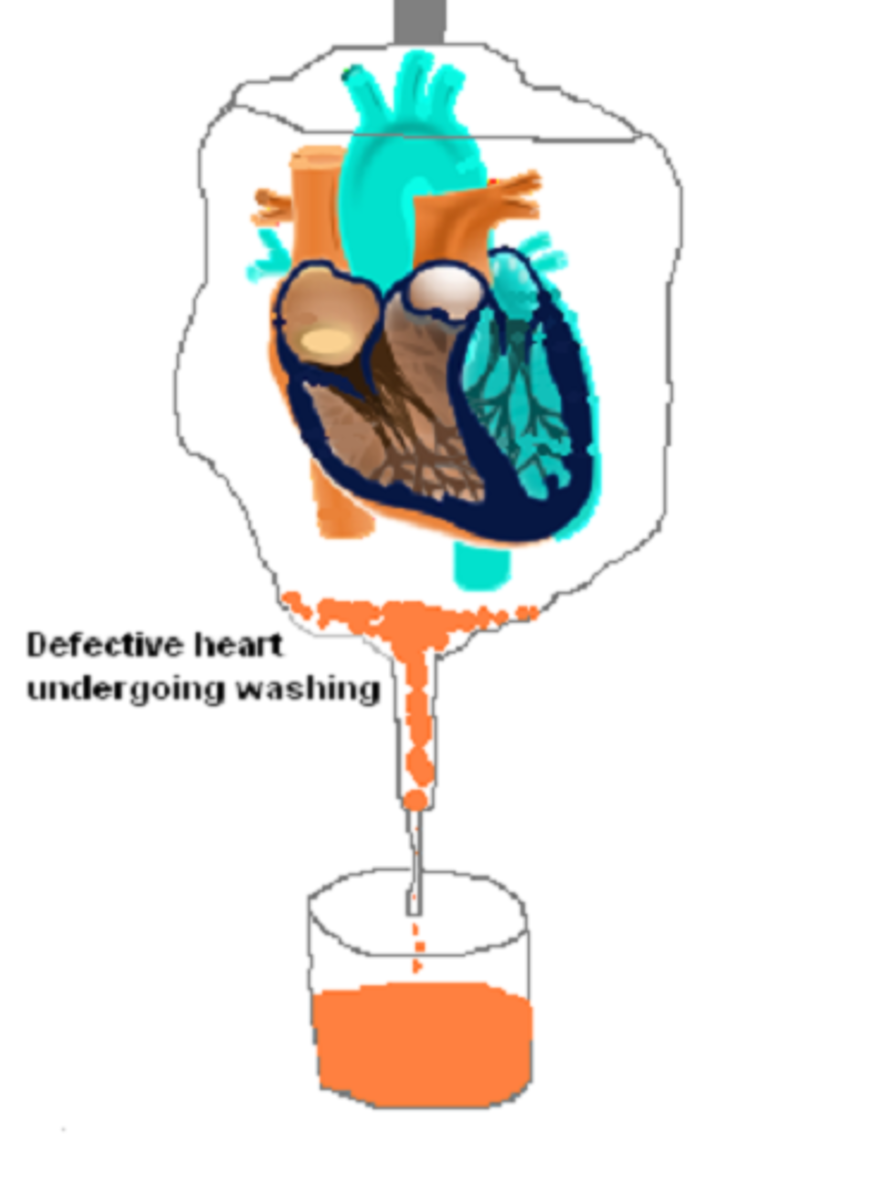Telomere Hacks to Stay Younger and Live An Optimally Longer Life

Telomeres Play an Important Part of the Aging Process
Telomeres get shorter and shorter as we age ...
causing our cells to age, stop functioning properly,
and contributing to the onset of age-related diseases.
So then what is a telomere?
Telomeres are the caps at the end of each strand of DNA that protect our chromosomes from damage.
Without telomeres, our DNA strands become damaged and the cells in our body couldn't do their job.

The Process and how it works
In order to grow and age, our bodies must duplicate their cells. This process is called mitosis. Mitosis is a process that allows one "parent" cell to divide into two new "daughter" cells. During mitosis, cells make copies of their genetic material. Half of the genetic material goes to each new daughter cell. To make sure that information is successfully passed from one generation to the next, each chromosome has a special protective cap called a telomere located at the end of it.
Telomeres function by preventing chromosomes from losing base pair sequences at their ends. They also stop chromosomes from fusing to each other. However, each time a cell divides, some of the telomere is lost. When the telomere becomes too short, the chromosome can no longer replicate. This means that a cell becomes old and and too damaged to do anything.

How can we keep these Telomeres Long and Healthy to Keep Us From Aging?
- Having sex at least once a week is linked to longer telomeres. Studies show that couples who had sex at least once a week had longer telomeres. Couples were also happier and healthier but scientists are not sure why this is yet.
- Better sleep is linked to longer telomeres. Too little of sleep leads to weight gain, an impaired immune system, and a compromised memory. Every person needs between seven and nine hours of sleep every night.
- Having close friendships causes your cells to produce fewer c-reactive proteins, a pro-inflammatory substance that shorten your telomeres and lead to heart disease. Also, having friends helps to reduce stress which helps your telomeres.
- Eat foods rich in Omega-3 fatty acids and stay away from inflammatory foods. Some foods that are rich in omega-3 fatty acids are spinach, chia seeds, mackeral, oysters, eggs, and salmon. These foods provide numerous benefits to your body, such as fighting inflammation. Foods that cause inflammation, like refined sugar, white flour, and even excessive dairy products, tend to make the body “heavier” in feel and appearance because the internal organs are actually suffering from inflammation.
- Exercise is the closest things we have to the fountain of youth. Exercise increases levels of telomerase, making telomeres longer and healthier," says Eli Puterman, Ph.D., an assistant professor at the University of British Columbia School of Kinesiology. Cardio actually increases the length of the telomere.
- Keep two plants for every 100 square feet. This helps clean the air. Boston ferns, peace lilies, english ivys, and philodendrons are the most sufficient when it comes to filtering chemicals out of the air. Certain indoor pollutants can stretch your telomeres in unhealthy ways, which causes them to not function properly.
-
Practice meditation and yoga. In a 2014 study among breast cancer survivors, those who participated in mindful meditation and practiced yoga kept their telomeres at the same length; the telomeres of the control group, who did neither activity, shortened during the study time. Meditation increases gray matter and lengthens telomeres helping to slow the effect of the ageing in the brain.

Shorter telomeres are connected to premature aging.
The length of our telomeres represent our biological age.
Not all people start life with equally long telomeres.
Scientists continue to study the benefits of stopping and possibly reversing the shortening of telomeres as we age.
Other factors in the aging process include alcohol consumption, stress, diet, exercise, disease, and medication. The genetic influences on aging may be highly overrated, with lifestyle choices exerting far more important effects on physical aging.

Shorter telomeres are not only associated with age but with disease too. In fact, shorter telomere length and low telomerase activity are associated with several chronic preventable diseases. These include hypertension, cardiovascular disease, insulin resistance, type 2 diabetes, depression, osteoporosis, and obesity.
This content is accurate and true to the best of the author’s knowledge and is not meant to substitute for formal and individualized advice from a qualified professional.
© 2019 Stephanie Billon








